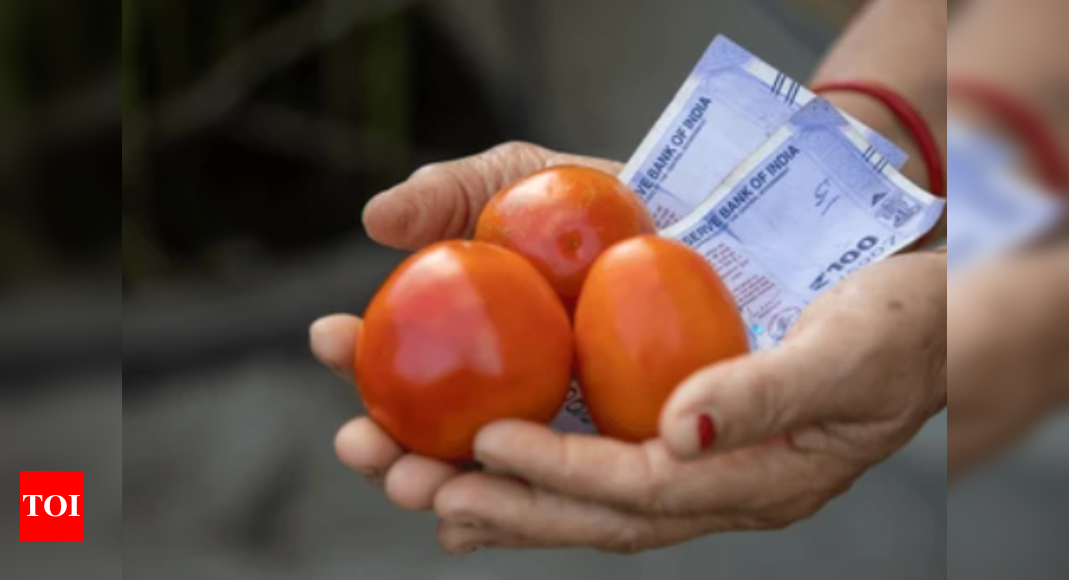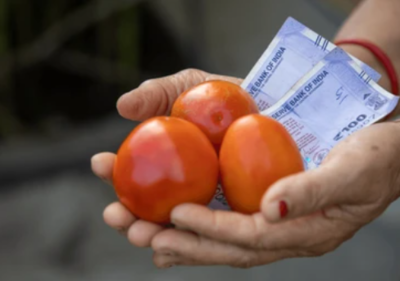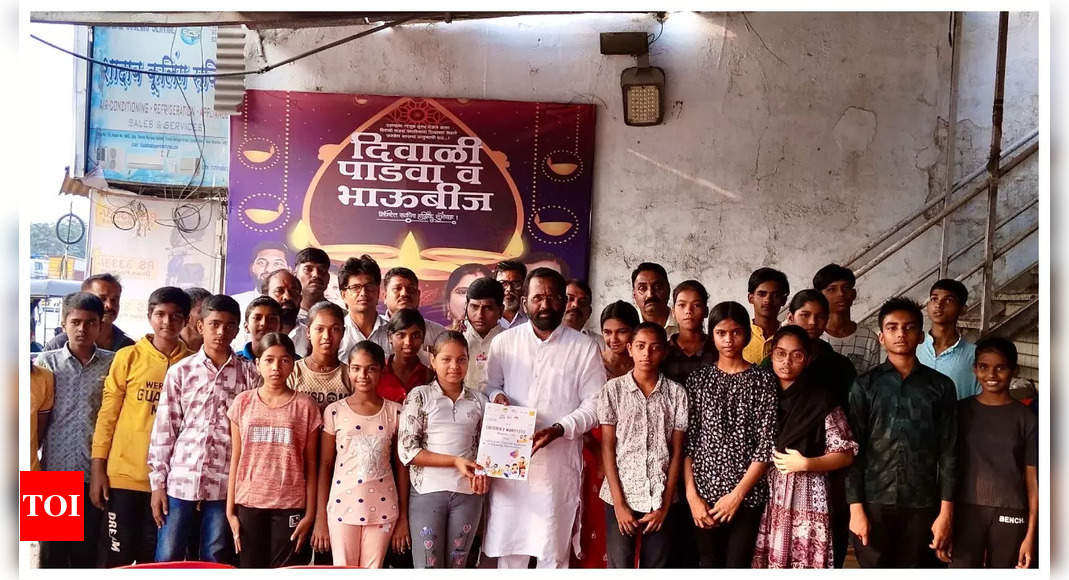

Tomato retail prices have dropped by more than 22 per cent to Rs 52.35 per kg as of November 14, 2024, primarily due to robust supply, according to a statement released by the Department of Consumer Affairs on Sunday.
Additionally, the all-India average retail price of tomatoes has decreased by 22.4 per cent in a month, down from Rs 67.50 per kg on October 14, 2024.
Meanwhile, over the same period, the prevailing prices at Azadpur mandi fell by approximately 50 per cent to Rs 2,969 per quintal from Rs 5,883 per quintal amid a surge in tomato supplies. A similar decline was observed in benchmark market mandi prices in areas like Pimpalgaon, Madanapalle, and Kolar.
Collective annual tomato production for 2023-24 is estimated at 213.20 lakh tonnes, according to the Department of Agriculture’s third advance estimate, reflecting a 4 per cent increase compared to 204.25 lakh tonnes in 2022-23.
Although tomatoes are grown year-round, their production varies seasonally depending on the region and the volume harvested. Unfavorable weather and minor logistical disruptions have largely affected prices due to the crop’s high susceptibility and the fruit’s perishability, the release stated.
The seasonal patterns of tomato production across various regions of India indicate that October and November are the primary sowing months in the major producing states.
The release also mentioned that the increase in tomato prices in October 2024 was due to heavy and extended rainfall in Andhra Pradesh and Karnataka.
However, the steady availability of tomatoes in the market is ensured due to the crop’s short cultivation period and multiple harvests.
Although supplies have decreased at major tomato markets in Madanapalle and Kolar, prices have dropped due to seasonal arrivals from regions in states like Maharashtra, Madhya Pradesh, and Gujarat, which have helped fill the supply gaps nationwide.
At present, the weather has been favorable for the crop and has ensured a smooth flow across the supply chain, from the fields to consumers.








